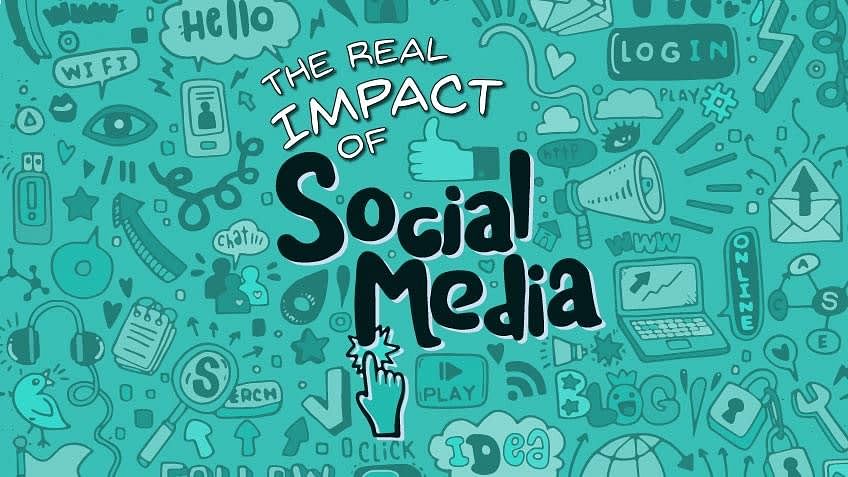In an era dominated by a constant influx of information from international media outlets, it's easy to find ourselves ensnared in a web of influence, often without even realizing it. This article delves into the pervasive grip of international media and explores actionable strategies to break free from its influence, empowering individuals to think critically, make informed decisions, and regain control over their own perspectives.
The Media Influence Paradox: Awareness vs. Vulnerability
International media has the power to shape opinions, beliefs, and even worldviews. The more aware we become of global events, the more vulnerable we are to media influence. While staying informed is essential, it's equally crucial to recognize the subtle biases, sensationalism, and selective narratives that permeate international news coverage. Awareness of these factors serves as the first step toward breaking the chains of media influence.
Understanding Media Manipulation: Recognizing Tactics and Techniques
Media manipulation comes in various forms, from subtle framing and bias to outright misinformation. This section explores the tactics and techniques employed by international media outlets, such as emotional manipulation, selective storytelling, and fearmongering. By understanding these strategies, individuals can develop a discerning eye, learning to question the information presented and recognize when they are being manipulated.
The Echo Chamber Effect: Escaping the Bubble of Confirmation Bias
Social media platforms have given rise to echo chambers, where users are exposed primarily to content that aligns with their existing beliefs. Breaking free from this bubble of confirmation bias is essential for a well-rounded perspective. The article delves into the dangers of echo chambers, emphasizing the importance of seeking out diverse viewpoints, engaging in respectful debates, and actively challenging one's own assumptions to escape the cycle of reinforcement.
Cultivating Media Literacy: Empowering the Mind
Media literacy is the cornerstone of breaking free from international media's influence. This section explores the significance of media literacy education, teaching individuals how to critically evaluate news sources, fact-check information, and analyze the motives behind media narratives. By honing media literacy skills, individuals can develop immunity against misinformation and become active participants in the information landscape.
Mindfulness in Media Consumption: Building Cognitive Resilience
Practicing mindfulness in media consumption involves being present and aware of our thoughts and emotions while engaging with news stories. This mindfulness allows individuals to recognize emotional triggers, biases, and sensationalism, enabling them to consume media content critically and without being swept away by sensational narratives. Techniques such as deep breathing, fact-checking pauses, and conscious engagement can enhance cognitive resilience and prevent impulsive reactions.
Balanced News Diet: Nourishing the Mind with Diverse Perspectives
Much like a balanced diet is essential for physical health, a diverse and balanced news diet is crucial for mental well-being. This section discusses the importance of diversifying news sources, exploring international perspectives, and seeking out long-form journalism and investigative reports. By nourishing the mind with a variety of viewpoints, individuals can develop a comprehensive understanding of global events, free from the constraints of one-sided narratives.
Reclaiming Your Narrative in the Information Age
Breaking the chains of international media's influence requires awareness, critical thinking, and proactive engagement. By understanding media manipulation tactics, cultivating media literacy, practicing mindfulness, and diversifying news consumption, individuals can regain control over their own narratives. In an age inundated with information, the ability to discern truth from manipulation becomes not just a skill but a powerful act of self-liberation. Reclaiming your narrative in the information age is not just a choice; it's an empowering journey toward intellectual freedom and genuine understanding.

0 comments:
Post a Comment